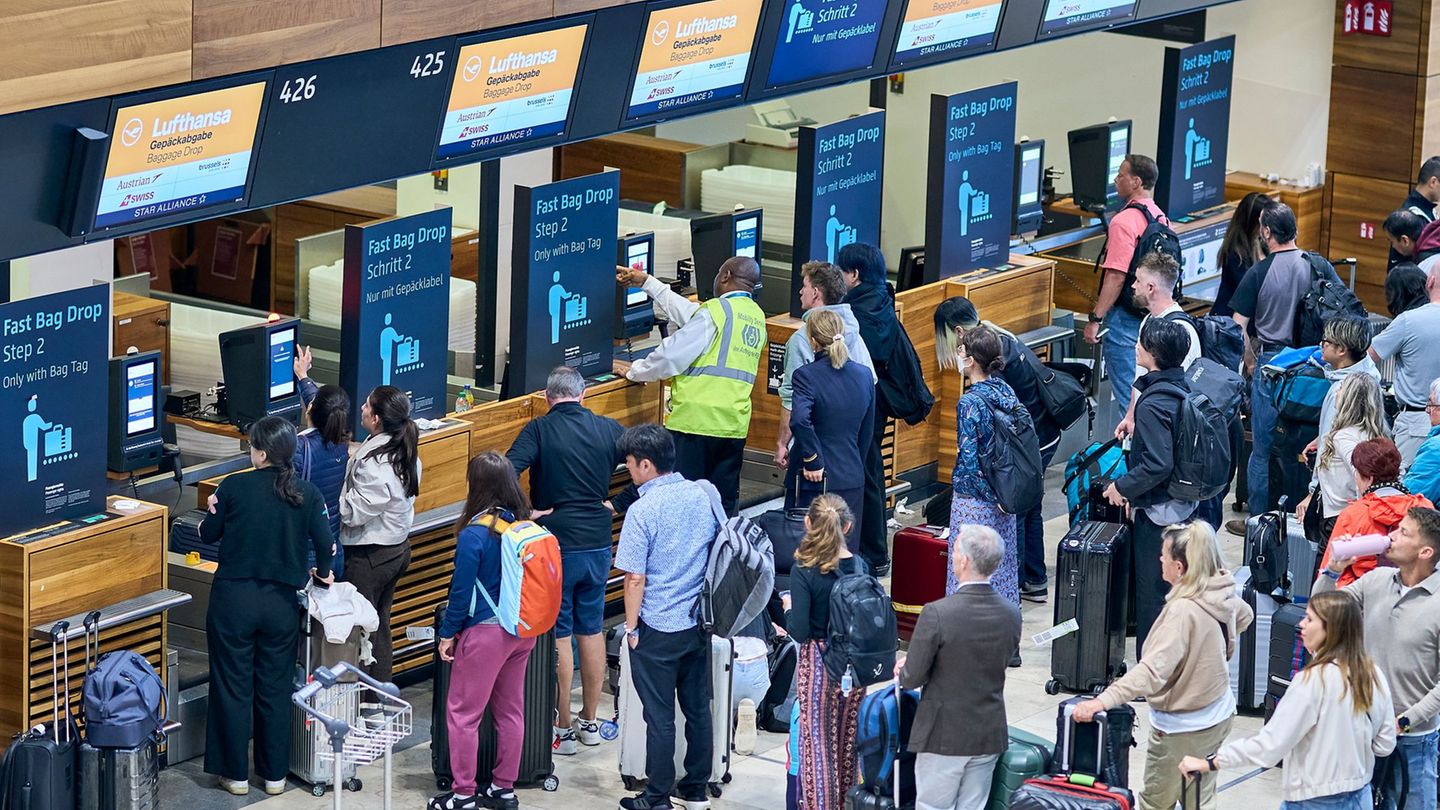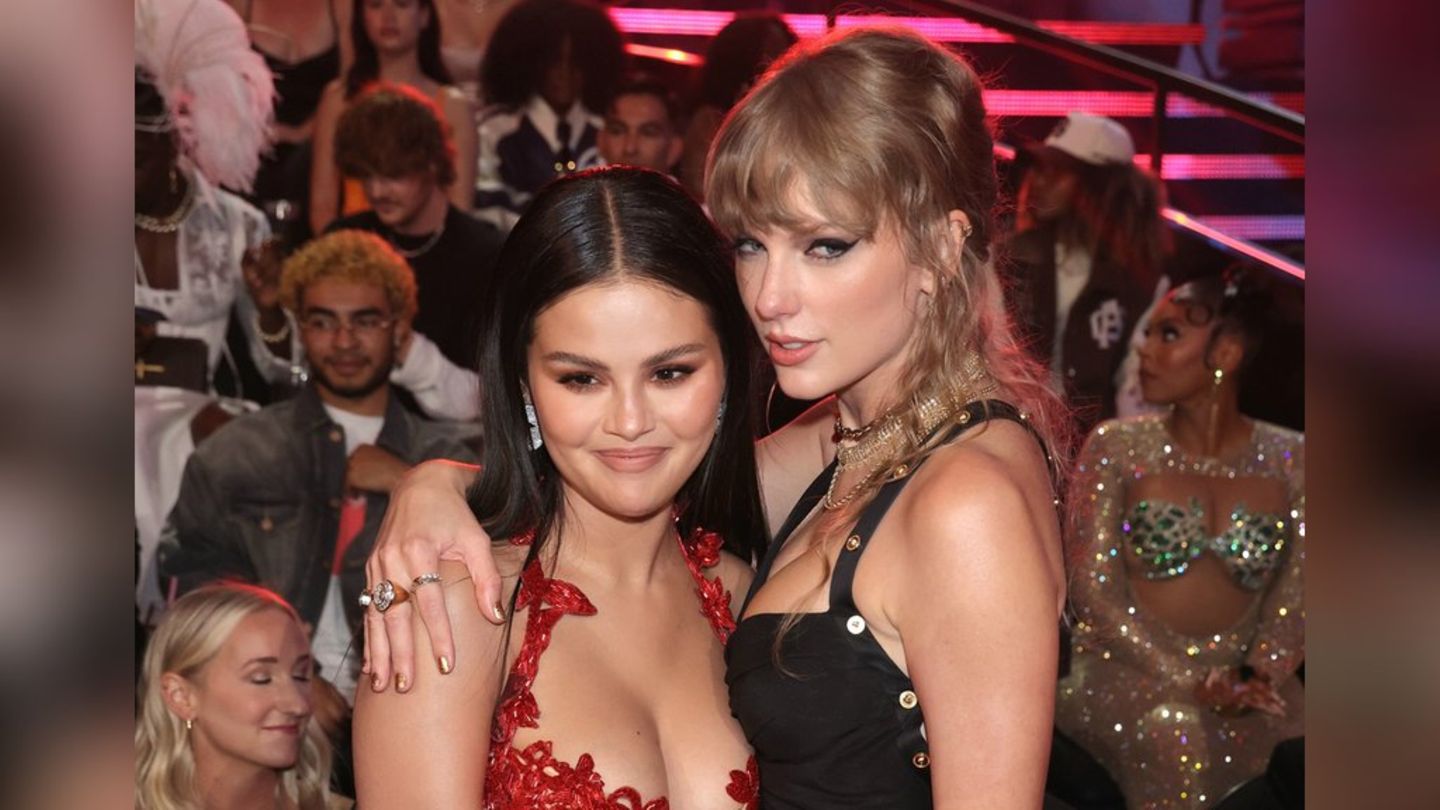Braunau has been a Fairtrade city since 2012, making Braunau the first district capital in the state to receive the title. Various activities and information work are intended to draw attention to fair trade and sustainable development. This commitment was also honored with an Austria-wide fair trade award in 2018.
“We make a contribution to sustainable development cooperation and support the spread of fair structures. In this way we can contribute to a little more justice in the world,” says Mayor Johannes Waidbacher, who calls for people to buy fair trade products. Interested citizens, political representatives and city officials are involved in a separate working group headed by Harry Buchmayr, with the support of Fairtrade Austria and the Upper Austrian Climate Alliance.
Many individual components
Fairtrade products are also used at the municipal office. Work clothes were purchased for the cleaning service according to appropriate criteria. Fair trade coffee or orange juice is served at meetings, meetings and in staff rooms. The city office also receives small gifts of honor and gifts for special occasions from the world shop. In order to attract attention, there are regular information stands, discussions, lectures and distribution campaigns, including cooking events, fashion shows and visits to Fairtrade trading companies.
HLW Braunau obtained certification as a fair trade school in 2017. The “One World” initiative is considered an institution for the fair trade commitment in Braunau. More than 40 years ago, in 1978, a committed team founded the association and at the same time opened Austria’s first independent world shop. Over the years, this has developed into an attractive and popular specialist shop for fair trade.
In 1993 the initiative founded the information office “IIB”. This has been doing educational work in the Innviertel for almost 30 years and addresses the concerns of people in the countries of the south.
The team of the “One World” initiative volunteers around 5,000 hours every year. Regular visits to the project countries should ensure the best possible processing and implementation. Many people in the countries of the South place their hopes in the work of the small association. “The decisive factor is sustainable help for self-help,” says Lizeth Ausserhuber-Camposeco, long-standing project coordinator.
Everyone can make a big difference with small decisions – by buying goods with the Fairtrade seal. These are now available in supermarkets, and many catering establishments also rely on fair products such as tea and coffee.
Own Fairtrade standards are the set of rules that small farmer cooperatives, plantations and companies along the entire value chain must comply with. They include minimum social, ecological and economic requirements to ensure the sustainable development of producer organizations in the so-called developing countries.
Source: Nachrichten




